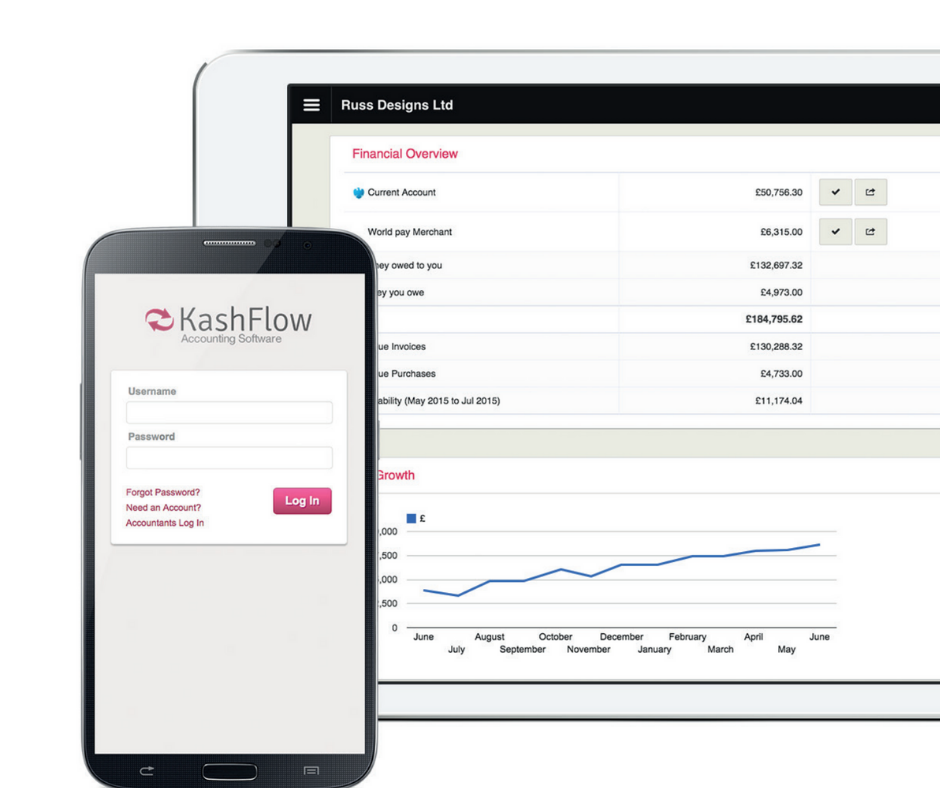Broadly speaking, accounting is the quantification and communication of both financial and non-financial information concerning economic organisations, such as corporations.
More specifically and in terms of business, accounting is primarily the process of tracking and recording finances in order to keep track of money coming in to, and going out of a company. This allows companies to gain a deeper insight and understanding into their spending, as well as where their money is going.
Accountants themselves are professionals who carry out all these procedures and are also responsible for other tasks such as ensuring that financial data is recorded correctly and generating reports to represent this data in a way that makes it clearer for businesses to understand and interpret.
What do accountants actually do?
Whether the business is big or small, the role accountants play within the business tends to be extremely significant and carries a lot of responsibility.
An accountant will typically work with individual clients or larger businesses and organisations and bear responsibility for a range of finance-related tasks, such as explaining invoices and accounting policies to the client (or various facets of the business), determining payroll requirements, analyzing revenue and expenditure trends, and ensuring that the books are balanced correctly.
Other duties might include preparing and reviewing budgets, monitoring spending so the client can avoid unnecessary expenses, and even business planning.
What role would an accountant play in my business?
In addition to all the typical responsibilities we just discussed, an accountant helps businesses with financial management by recording, tracking, and quantifying data, and using it to calculate how much money they make and spend each month. This includes recording transactions such as invoices, receipts, and payments. They also keep records of assets and liabilities and stay continuously aware of finances in order to ensure that a company has enough money to, for example, pay its bills
Why should I hire an accountant?
No matter the size of your business, hiring a qualified accountant or outsourcing to an accountancy firm is important in order to make sure you are able to stay on top of the company finances, and all other financial affairs. A qualified accountant will be able to help out with reviewing the financial aspects of a business plan, explaining legal business structures, and correctly preparing tax documents, which is likely to save you both money and time.
If you’re running a small business, accounting on your own can quickly become overwhelming, especially when you have other aspects of the business to keep an eye on. Hiring an accountant in this instance can help to almost immediately alleviate some of the pressure you might be feeling. They’ll also be able to assist in areas such as calculating business metrics, which will help you run your business as efficiently as possible.
Equally, you may feel a little bit hesitant to hand over any control of the business you’ve worked so hard on, even though it can be stressful at times. As your business grows, delegating at least some parts may become increasingly inevitable, if only to allow you some time to rest. Choosing to delegate financial affairs can be a good place to start – going with the right accountant will mean you’re able to feel confident that your company’s finances are being well looked after by someone more even experienced than you are and allow you to concentrate on other aspects of your business.
Another reason you might consider hiring an accountant is if you plan to start a new business, or further expand your current one. In fact, accountants can also assist in handling growth transitions, such as hiring employees or deciding to acquire more office space.
Whether you’re a huge corporation or a small startup, the range of services an accountant can offer, along with their high level of expertise and professionalism, means that many of the most critical company responsibilities will be taken care of, completely hassle-free.
Types of accountants
The two primary types of accountants are non-chartered accountants (NCAs) and chartered accountants (CAs). Non-chartered accountants are not required to take exams but do still undergo education and training. Chartered accountants are required to train for up to five years, study intensely and pass a rigorous set of examinations.
Whilst both are permitted to practice as accountants, the key difference between the two is that chartered accountants are typically more qualified and experienced, and may also be a member of a professional body, such as the Association of Chartered Certified Accountants (ACCA).
Beyond these two initial categories, there are many different possible accountancy specialties, such as public accountants, management accountants and government accountants.
How much does it cost to hire an accountant?
It is most common for accountants to charge a fixed fee, and costs really depend on the level of services required, as well as the area in which you need assistance. Just like we’ve outlined, there are different types of accounts, and different types of accountants, so it’s important you choose one you feel is right for you.
Whilst many businesses prefer to pay a monthly fee to their accountant, it is absolutely possible to pay by the hour, or for individual services. You can also mix and match if that suits you. This is another reason why considering which accountant is best for your business is really important.
An initial consultation may be a good place to start. These are usually free and will help to outline the areas that you may want an accountant for.
Looking for an accountant?
Shenward is an established and highly respected family-run chartered accountancy firm, dedicated to providing exceptional client service. We are always happy to help out with any personal or business inquires you may have. Please do get in touch at hello@shenward.com.










